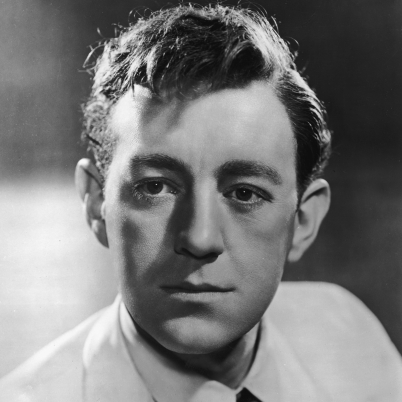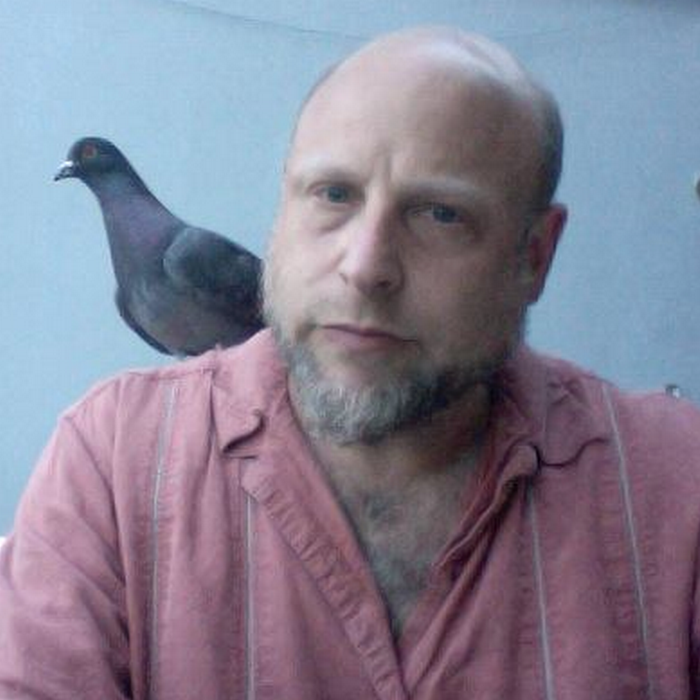Detroitus

Beyond anonymous: Darknet politics and the internet's social future.
Technology researcher Jamie Bartlett explores the darkest parts of the internet, from assassination markets to platforms for emerging democratic activists, and explains why anonymity and internet freedom will be political and social issues for generations to come.
Jamie is author of the book The Dark Net: Inside the Digital Underworld.

No legacy: Explaining digital journalism's innovation problem.
Journalist Michael Massing surveys the state of digital journalism, from revenue model flailing to surprisingly unsurprising news content, and suggests what journalism in the 21st century should be doing with its huge audience and advanced communication technology.
Michael has been working on a series of articles on digital journalism for the New York Review of Books. The first two pieces are Digital Journalism: How Good is it? and Digital Journalism: The Next Generation.

The USA Freedom Act is a tiny, ineffectual, first step to ending the American surveillance state.
Civil liberties advocate Sue Udry looks beyond the Patriot and USA Freedom Acts to the end of the American surveillance state, explains why the American people deserve a full audit of government spying programs, and how it will take way more than just voting to get it.
Sue wrote the article Next Step After USA Freedom: Repeal the Surveillance State for the Defending Dissent Foundation.

Greetings from sunny, parched, debt-stricken, mid-exodus Puerto Rico.
Our Man in San Juan, Dave Buchen checks in from multiple crises – economic, professional, political – with some good news (acting gigs, balcony ownership) and way more bad news (debt, tourism, corruption, colonialism, dinghies.)

Scheduled for destruction: How Detroit engineered its own foreclosure crisis.
Housing activist Dianne Feeley breaks down the factors behind Detroit’s looming tax foreclosure crisis, from predatory municipal tax policies to neoliberal experiments in gutting public spaces and services.
Dianne wrote the Black Agenda Report post A Hurricane without Water: Detroit’s Foreclosure Disaster.

How to pass as not-racist in these baffling, fluid, racial times.
Jeff Dorchen figures out something about identity and society amidst the melting pot of smarmage, the politics of bafflement, Thrumonding, racial drag, patricide, one dropping, interesting person screwing, genotypecasting, and personal curation.





